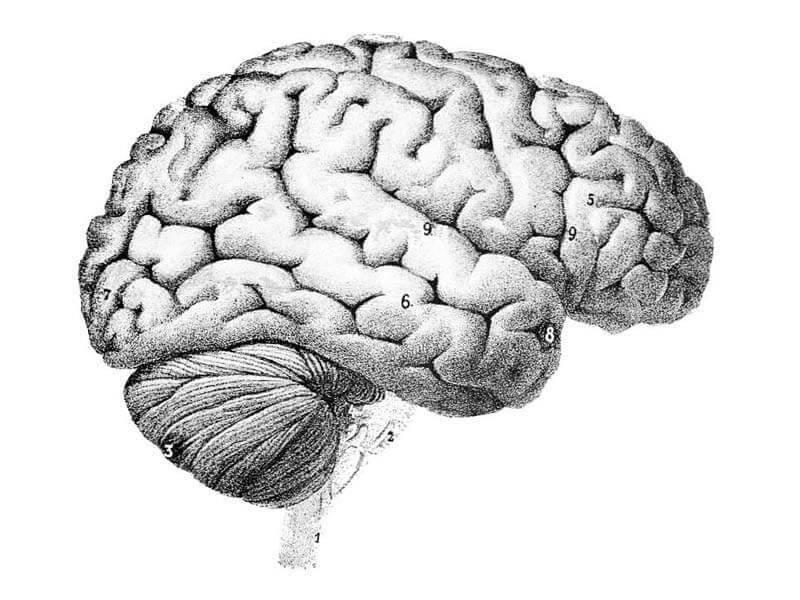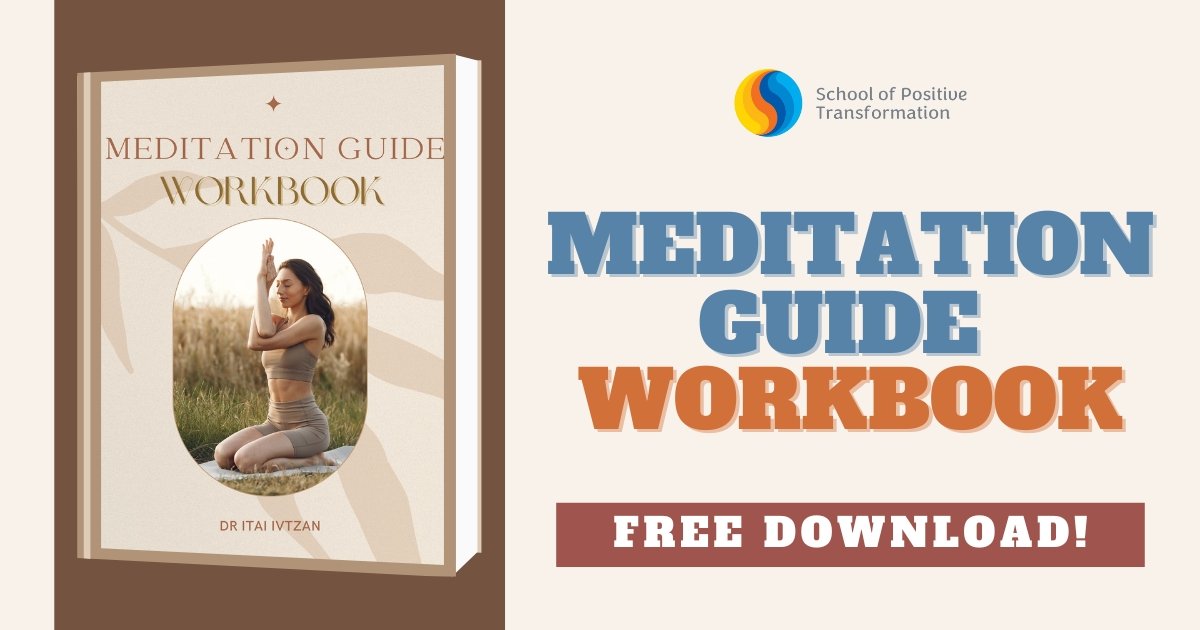Dr Itai Ivtzan
Meditation slowly permeates your everyday life. Dealing with mind wandering, We frequently think of meditation as a practice that lasts for a determined length of time, and is confined to the specific time of the meditative practice – mornings and evenings, for example. But meditation is not an isolated island in your life, it is the ocean itself.
Before you continue you might like to consider our free worksheet on exploring “Meditation Guide”. Please download this worksheet here.
If you practice regularly and observe yourself closely, you will notice how the skill you have been mastering in your meditation sessions slowly makes its way into your other activities. You will be more present when you prepare a report, meet a client, study for an exam, have sex, or communicate with a friend.
During each of your activities, you will gradually notice that you are increasingly able to focus your awareness on the actual experience and not let it be diverted by the constant mental noise your mind produces. Closely watch your relationship with the moment: it is an indicator of the impact of meditation on your life.
These glimpses of your newly-acquired presence are very important; they are the meeting points between your daily practice of meditation and your experience of life as a continuous meditative state. No matter which specific meditation technique you practice, it is a gateway to presence.
Psychological research carried out in this area explores the experience of presence which is the equivalent of being mindful. When you are mindful you are aware of the experience, of the moment, and fully attend to it. These are the times when your mind does not wander.
A fascinating study evaluating the wandering mind and presence was published under the title “A Wandering Mind is an Unhappy Mind”. The researchers developed a web application for mobile phones that allowed them to recruit over 15,000 participants and compiling a large database. With this application, the participants were contacted randomly during their waking hours, and were given a number of questions.
The first question was a happiness question: “How are you feeling right now?” and the answer could range from 0 (very bad) to 100 (very good).
The second question was an activity question: “What are you doing right now?” and the participant had to choose one or several of 22 daily activities such as working, conversing, preparing food, and commuting.
The third and final question was “Are you thinking about something other than what you are currently doing?” and the participant had to choose between one of the following four options:
1. No (which means that there was no mind-wandering, they were present, mindful)
2. Yes, thinking about something pleasant
3. Yes, thinking about something neutral
4. Yes, thinking about something unpleasant.
Options 2-4 stood for mind-wandering, specifically indicating whether the participant’s mind wandered to something pleasant, neutral, or unpleasant.
The author of the research compared Dealing with mind wandering to playing slot machines where in one you always lose $10, in the other $5, and the final one $1; why would you choose to play if you know you cannot win?
This is another example of the support spiritual concepts and ideas get from contemporary psychological research.
Dr Itai Ivtzan is passionate about the combination of psychology and spirituality. It makes his heart sing. Isn’t this an amazing prospect? His main areas of research are mindfulness, spirituality, and wellbeing.
Dr. Ivtzan is confident that mindfulness meditation has the power to change individuals – in fact, whole societies – for the better. Accordingly, he has been investing much time in studying mindfulness academically, writing books about it, teaching it, and running mindfulness teacher training courses. Dealing with Mind Wandering study offers an in-depth discussion and practice of meditation and mindfulness, providing you with an inspiring and formal meditation teacher certification.
Ready to deepen your mindfulness practice and bring presence into every moment? Download our ‘Meditation Guide Workbook’ to explore techniques that help quiet the wandering mind and live with greater awareness.





